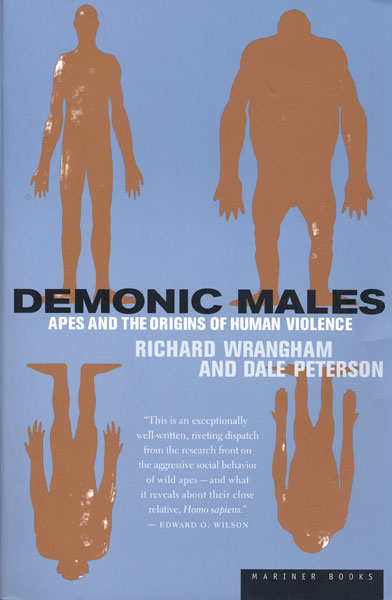Periodic Dosage Archive 2015-01
humanity, art Apocalypse Now, Ride of the Valkyries
2013 Russian Meteor Event 📺 (repost)

Mickey Mouse Copyright (2006) (repost)
The Glorification of Female with Limblessness (2004) (updated)
Las Vegas Travelog: Caesars Palace (major reformat)
Psychology of the Internet

- https://youtu.be/rE3j_RHkqJc
- This Video Will Make You Angry by CGP Grey

- https://youtu.be/PmTUW-owa2w
- This is Phil Fish (Psychology of the Internet)
imagine of a scenario of society, such that everything anybody do is public info, to the extend possible. What would such a society be like? how would human behavior change, if any.
Iraq War Photos (2004-12) hits reddit. Updated.
Curse of knowledge
The curse of knowledge is a cognitive bias that leads better-informed parties to find it extremely difficult to think about problems from the perspective of lesser-informed parties. The effect was first described in print by the economists Colin Camerer, George Loewenstein and Martin Weber, though they give original credit for suggesting the term to Robin Hogarth.[1]
From these origins, economists Camerer, Loewenstein, and Weber first applied the curse of knowledge phenomenon to economics, in order to explain why and how the assumption that better informed agents can accurately anticipate the judgments of lesser informed agents is not inherently true, as well as to support the finding that sales agents who are better informed about their products may, in fact, be at a disadvantage against other, less-informed agents when selling their products.[3][4] This is said to be because better informed agents fail to ignore the privileged knowledge that they possess, thus “cursed” and unable to sell their products at a value that more naïve agents would deem acceptable.
Dunning–Kruger effect
If you're incompetent, you can't know you're incompetent. […] the skills you need to produce a right answer are exactly the skills you need to recognize what a right answer is. — David Dunning
The Dunning–Kruger effect is a cognitive bias wherein unskilled individuals suffer from illusory superiority, mistakenly rating their ability much higher than is accurate. This bias is attributed to a metacognitive inability of the unskilled to recognize their ineptitude. Conversely, highly skilled individuals tend to underestimate their relative competence, erroneously assuming that tasks which are easy for them are also easy for others.
in social and leadership situations, stupid + confident ≻ smart + unsure